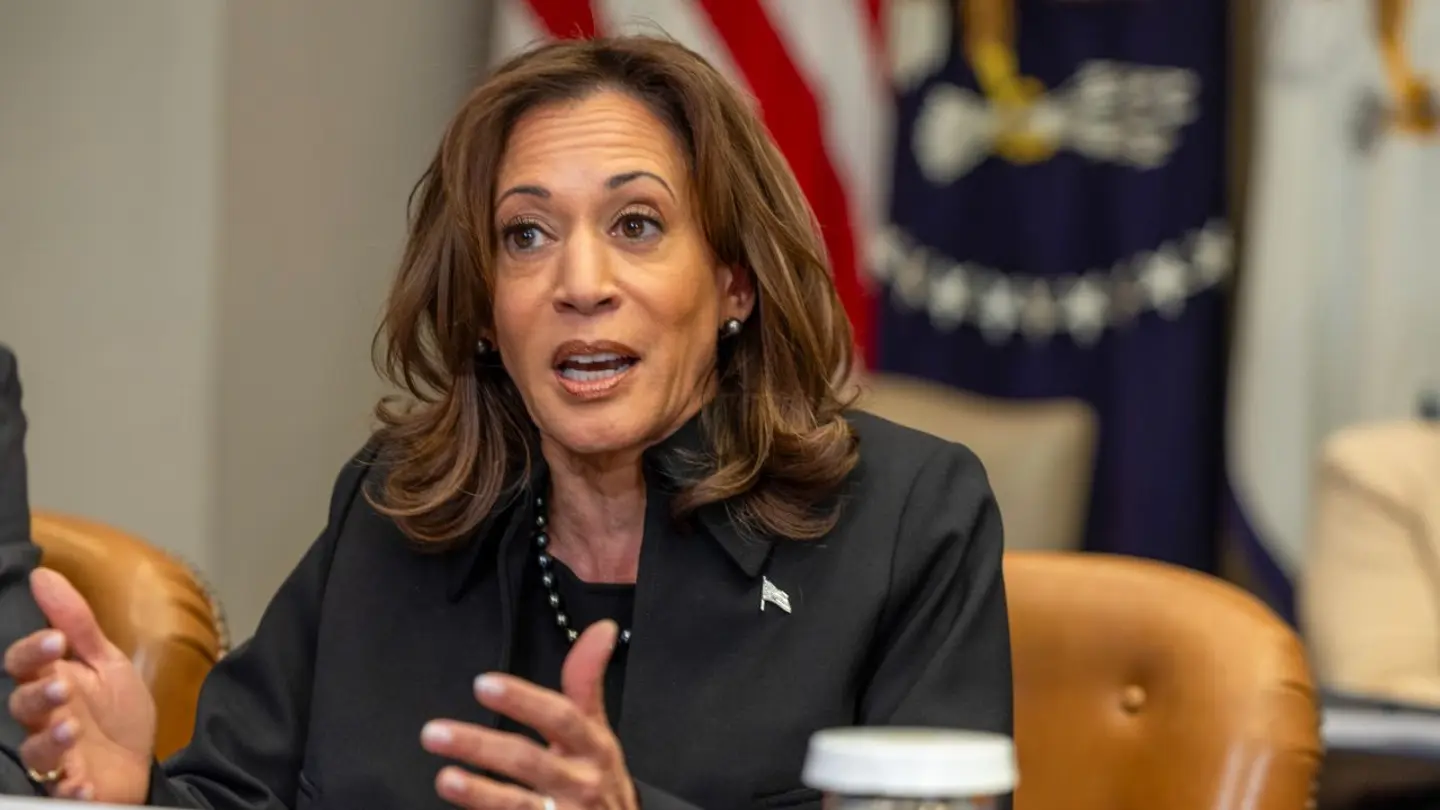
Outline of the Article
Introduction
- Overview of California fires and insurance challenges
- Background on Vice President Harris’s controversial claim
Understanding the California Wildfires
- H2: The Impact of Wildfires on California
- H3: Economic Consequences
- H3: Environmental Damage
- H2: Rising Frequency and Intensity of Fires
- H3: Climate Change as a Catalyst
- H3: Urban Expansion in High-Risk Zones
The Insurance Crisis in California
- H2: Insurance Providers Retreating from High-Risk Areas
- H3: Why Insurers Are Canceling Policies
- H3: Impact on Homeowners and Businesses
- H2: State-Run Insurance Options
- H3: The California FAIR Plan
- H3: Limitations and Challenges
VP Harris’s Controversial Statement
- H2: What Did VP Harris Say?
- H2: Public and Media Reactions
- H3: Supporters Defending Her Stance
- H3: Critics Highlighting Inaccuracies
Fact-Checking the Claim
- H2: Analyzing the Insurance Trends in California
- H3: Historical Context
- H3: Data Supporting or Refuting Harris’s Statement
- H2: Legal and Policy Implications
Broader Implications of the Controversy
- H2: Impact on Political Discourse
- H3: Polarization on Climate Issues
- H3: Insurance Policy Debates
- H2: Lessons for Future Policy Initiatives
Conclusion
- Recap of the wildfires, insurance challenges, and the controversy
- Call to action for sustainable solutions
FAQs
- What caused insurance companies to retreat from California?
- How does climate change affect wildfire frequency?
- What is the California FAIR Plan?
- Why is VP Harris’s claim controversial?
- How can homeowners protect their properties from wildfires?
California Fires: VP Harris Called Out Over Claim About Canceled Insurance
Introduction
California wildfires are notorious for their devastating impact on communities, ecosystems, and the economy. Recently, Vice President Kamala Harris stirred controversy with a claim regarding insurance cancellations linked to these fires. Her statement has sparked debates about the accuracy of her remarks and the broader implications of insurance challenges in wildfire-prone regions.
Understanding the California Wildfires
The Impact of Wildfires on California
Wildfires are not new to California, but their effects have grown more severe in recent years.
Economic Consequences
Wildfires cost the state billions annually in property damage, firefighting efforts, and lost business opportunities. Homeowners face rising costs for repairs, while insurers struggle to manage payouts.
Environmental Damage
These fires devastate forests, pollute air quality, and threaten biodiversity. The long-term recovery of affected areas often spans decades.
Rising Frequency and Intensity of Fires
Climate Change as a Catalyst
Warmer temperatures, prolonged droughts, and erratic weather patterns exacerbate fire risks. Climate change has turned fire season into a year-round phenomenon.
Urban Expansion in High-Risk Zones
As housing developments encroach upon fire-prone areas, the risk to human life and property has grown significantly.
The Insurance Crisis in California
Insurance Providers Retreating from High-Risk Areas
Why Insurers Are Canceling Policies
Insurance companies argue that frequent claims and unpredictable fire patterns make coverage unsustainable in certain regions.
Impact on Homeowners and Businesses
Policy cancellations leave homeowners scrambling for alternatives, often at higher premiums. Businesses, too, struggle to secure coverage, jeopardizing operations.
State-Run Insurance Options
The California FAIR Plan
The FAIR Plan offers basic fire insurance for those unable to secure private coverage.
Limitations and Challenges
While helpful, the FAIR Plan’s high costs and limited coverage leave many homeowners vulnerable.
VP Harris’s Controversial Statement
What Did VP Harris Say?
The Vice President suggested that wildfires directly caused mass cancellations of insurance policies, framing it as an urgent crisis tied to climate change.
Public and Media Reactions
Supporters Defending Her Stance
Supporters argue her statement highlights the urgency of climate action and policy reforms.
Critics Highlighting Inaccuracies
Critics, however, point out oversimplifications and lack of context in her remarks, questioning their factual basis.
Fact-Checking the Claim
Analyzing the Insurance Trends in California
Historical Context
Insurance withdrawals from high-risk areas have been a growing trend over decades, predating recent wildfires.
Data Supporting or Refuting Harris’s Statement
Statistics reveal that while fires influence insurance decisions, broader market dynamics and regulatory challenges also play significant roles.
Legal and Policy Implications
Harris’s claim underscores the need for balanced legislation that considers both environmental and economic realities.
Broader Implications of the Controversy
Impact on Political Discourse
Polarization on Climate Issues
The controversy has deepened divides between climate advocates and skeptics.
Insurance Policy Debates
Discussions about the role of insurers in mitigating climate risks are gaining momentum.
Lessons for Future Policy Initiatives
Policymakers must strike a balance between protecting residents and ensuring the sustainability of insurance markets.
Conclusion
California’s wildfire crisis is a multifaceted challenge, blending environmental, economic, and political issues. Vice President Harris’s controversial claim has spotlighted the insurance struggles faced by many homeowners, but it also highlights the complexity of addressing climate risks. Moving forward, collaborative solutions are essential to ensure both safety and financial stability for Californians.
FAQs
- What caused insurance companies to retreat from California?
Insurers cite high claim volumes and unpredictable wildfire patterns as major reasons for withdrawing coverage. - How does climate change affect wildfire frequency?
Warmer temperatures and prolonged droughts create conditions that increase the likelihood and severity of wildfires. - What is the California FAIR Plan?
It’s a state-run insurance program offering basic coverage for those unable to secure private fire insurance. - Why is VP Harris’s claim controversial?
Critics argue her statement oversimplified the reasons behind insurance cancellations, missing key market and policy factors. - How can homeowners protect their properties from wildfires?
Homeowners can reduce risks by creating defensible spaces, using fire-resistant materials, and staying informed about evacuation plans.


